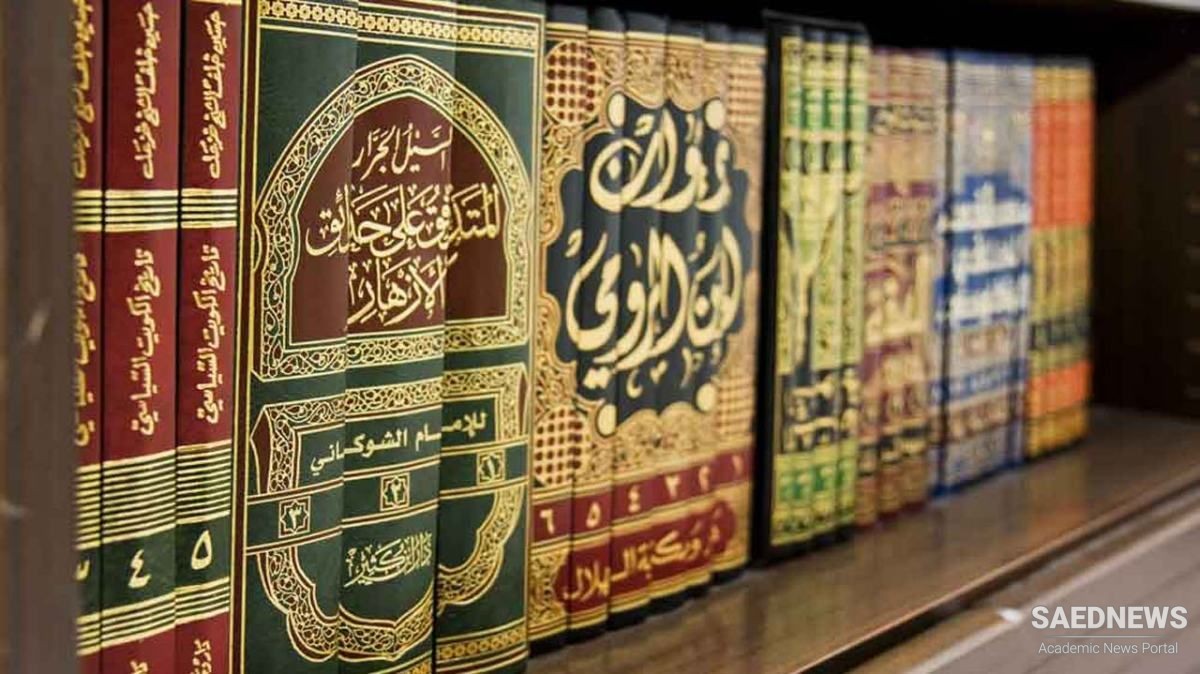It is the nature of the imagination to tell stories, and it is seldom quiet. Hence: Sometimes the disposition of the body makes the stories. For example, when there is yellow bile, it presents yellow colours, and when there is black bile, black colours. When heat is dominant, it presents fire, and when cold is dominant, it presents ice. Sometimes past thoughts (andīshahāʾī) make the stories. When the soul is weak, it [imagination] puts [stories] into it, just as sense [usually] puts [sensibles] If the soul is strong, or finds a respite from the imagination, it is free from labours, and it becomes adorned within it with the splendour of the spiritual beings. If the splendour of these is not in him, the cause for [the fact that] the soul is not receptible [to them] is that it is preoccupied with the inferior. When their splendour is in the soul, particularly that form the states (ḥālhā) of which are the most important in their being and [are most] agreeable to the soul, they shine in the soul, so that their reality (maʿānī) is the states which they are in their essences and [also] which they are [as] perceptions, as has been explained earlier [Ilāhiyyāt § 35 –37].
Thus, those forms, if they are particular, are bound in the formative faculty, and their meanings remain in memory. If the imagination does not interfere, and that form is represented well, [then] it is in sleep as it is [in reality], and an explanation and interpretation of the dream is not necessary. Hence, if the imagination distinguishes among [the forms], the soul receives the form feebly. If [the soul] receives [the form] powerfully, the imagination is quiet, just as when it receives powerfully from sense. When a faculty makes a strong action, the soul turns [to it], [and] another faculty makes a weak action.
When the imagination is in a quiet state, the dream is seen just as it really (rāst) is. Hence, if the union of the soul with the upper realm is weak, the imagination acts quickly, and it changes that vision from that condition (ḥāl) [which it really is] into another thing with an altogether other meaning in its place. Similarly, if you contemplate a thing as it is in itself (bi-khud), then the imagination is unable to interfere. Hence, if you hold weakly [to a reflection], the imagination acts quickly and you are carried far from the path of reflection, and the form of [that] reflection is stilled, and the imagination is in control, and you forget the nature of reflection (andīshah). You take a step [to discover] how you remember and you ask, ‘How have I thought, when I have such a reflection in me involuntarily?’ Afterwards, by machination of thought, you recover the prior reflection. Hence, for every dream such as this, an interpretation is needed.
The essence (maʿānī) of that interpretation is this. You ask, ‘How have I seen the thing, from the invisible world, when the imagination has made it into another thing?’ For example, ‘How do I see when the imagination makes a tree?’ Hence, dream interpretation is more by conjecture and by one’s experiences, and each nature is another habit, and each time and each state is another representation to the imagination.


 Avicenna on the Power of Necessary Existence
Avicenna on the Power of Necessary Existence














































